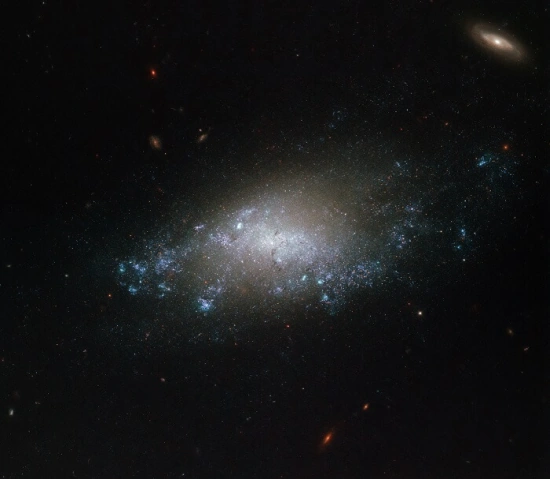
It's a popular stance these days to think that science has replaced religion, and that religion is now out of date and can be abandoned.
Since we now understand astrophysics and quantum mechanics and genetics and bacteria, we don't need to ascribe thunder and lightning to Zeus or Thor, or disease to God's will. OK, fair enough.
But then, in our modern world culture, we seem to be pretty happy to avoid thinking about the really big questions, like "Where did the universe come from?", and "Is there a point, a purpose, to life?".
We know — from science — that we can't sense or measure everything that exists. We know that we keep discovering new things all the time. It would be really short-sighted — and unscientific — to conclude that things we can't sense with our current instruments either don't exist or aren't important.
As human understanding advances, we don't think there's going to end up being a conflict at all between true religion and true science. If science is the set of methods we need to understand the physical universe, and religion is the set of methods that we need to understand a corresponding spiritual universe, then it's plausible, at least, that they are complementary toolboxes for complementary planes of existence, or consciousness.




